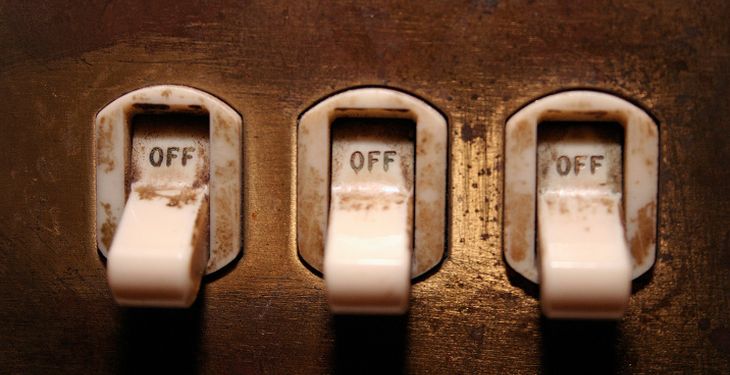On 26th of April, in Bucharest was held a European Conference on energy security in the Black Sea Region organized under ELEC (European League for Economic Cooperation) umbrella. The event had benefited from the presence and contributions of several European and Romanian high level leaders such as EU Commissioner for Energy and Environment, Miguel Arias Canete, Romanian Prime Minister Dacian Cioloș and the Governor of the National Bank of Romania, Mugur Isărescu. energynomics.ro publishes below the essential conclusions of that manifestation.
Energy security, defined by availability, reliability of resources and environmental sustainability
Last years have brought a significant impact on energy security. Technological innovation is shaping energy market at an unprecedented pace and democratizes a commodity that had strong strategic content. Technology has increased significantly the supply of energy. Demand side has also been influenced by innovation, through reduced consumption for industrial processes and end-consumer appliances alike.
This changed the dynamics of energy policy and strategy in South-East Europe as well and presented the region with a unique opportunity of breaking the vicious circle of energy dependency. The discussions reached a series of conclusions that can develop into action points to be tackled for European and national decision-makers.
More than gas
Although acting as the VIP of energy over the last 10 years, natural gas is becoming just one dimension of many in the energy mix of South-East Europe. The electrification of the energy sector, both in transport and buildings, is the new name of the game. Speed of innovation is growing, even in buildings performance relatively to electricity consumption and Europe and neighboring countries have to be very agile in keeping the game high or stepping up the game.
Building regional cooperation
Regional cooperation can multiply the security index growth factor inside the European Union. This will be achieved only if EU policymakers think of ways to facilitate it, rather than thinking of ways to integrate all 28 countries at once. It may actually make the final integration easier, as priorities will start converging to a common denominator.
The energy paradigm shift
Energy is changing completely and we find ourselves in a rapidly advancing global energy revolution that requires new policy and process architectures. These facts are game-changers that will make things unpredictable. Europe needs a new political arrangement, both confrontational and inclusive. Debating the inclusive approach, we need a new platform in order to discuss in a very open way the future of energy, in order to secure availability, reliability and sustainability of the energy market of the future. Talking about the confrontational approach, each individual market should be aware that today’s changes leverage the buyer’s power.
Better planning, thorough acting
At EU level, there are lots of talk, but few deliveries. The new VIP topics should concentrate more on innovation and electrification in order to keep up with the game. Energy efficiency (buildings and machines alike), cyber security, grid connectivity solutions, battery technologies are just a few of the points where advancement, both radical and incremental, is achievable in the near future. Moreover, cooperation, and not domination, will ensure a higher percentage of implementation for planned projects.
From supply to demand
Energy market is “democratizing”, as the shift from supply to demand security is in its final stage. Europe should be a strong supporter of the Southern Corridor, not necessarily for its needs, but for Turkey’s need to reduce gas dependency from Russia. Another big change comes from the increased investment in renewable energy which was higher than conventional, a fact that adds to the whole energy proliferation crisis, but stands for the shift from Oil and Gas Era to the Electron Era.
Europe’s new growth engine
Growth in Europe will not come from old member states. It will be Central and Eastern European countries that will take the lead. Ensuring prosperity in Central and Eastern Europe means ensuring stability in the whole Europe and beyond. Regional action with EU support will sustain another strong growth region inside Europe, will bring the Black Sea region closer to stability, but will also make Europe regain the momentum, lost during the crisis, of a real European Union. A north-south pipeline, electricity and gas interconnections with EU border countries and closer economic cooperation are the main ingredients.
A new dimension of energy security
The December 2015 case of Black Energy attack in Ukraine brought cyber security in the spotlight. Creating national task forces dedicated to energy security, for auditing, awareness and disaster recovery represents the hands-on solutions that would mitigate the risk and prepare Europe for cyber and security threats. Regional and international coordination is high on the agenda, but only if the national sectors have their own shop cleaned and cleared out. Nonetheless, Europe has to view cyber security as an investment in the future, contributing to the availability, reliability and sustainability of energy.
